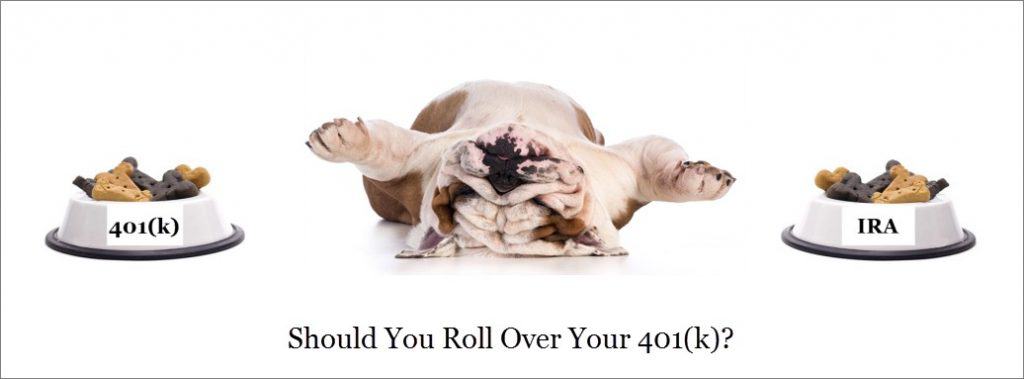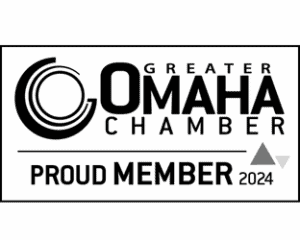So you’ve left your old job behind. Now, every financial advertisement under the sun inundates you with offers to help roll over your old 401k into an IRA, but is that the right move?
Since this decision may be impossible to reverse, it’s worthwhile to pause and ask some questions about your needs, your taxes, and your investment options in light of the differences between your 401k and an IRA.
Can I withdraw money when I need it?
In most cases, you can withdraw from an IRA at age 59½ without paying a penalty. Some 401k plans allow you to withdraw as early as age 55 without penalty.
Your plan may provide exceptions to the early withdrawal penalty. These vary from plan to plan and likely differ from the exceptions to the early withdrawal penalty for IRAs.
Also, some 401k plans allow borrowing while IRAs do not. If you’re unsure about your 401k plan’s provisions, consult your “Summary Plan Description”. You’ll need to consider your needs alongside these rules as you make your rollover decision.
Will a 401k rollover affect my taxes?
If done right, direct rollovers to traditional IRAs are not taxable.
Be wary of indirect rollovers. If your 401k provider sends a check payable to you and you don’t deposit it into your IRA within 60 days, you’ll likely be paying taxes and perhaps a penalty on the full amount.
Instead, ask your 401k provider about a direct rollover, so the money will be sent in the name of your IRA directly to your IRA custodian. This protects you from an unintended distribution and tax bill.
An exceptional case: One important difference between 401(k) accounts and IRAs comes into play if you hold stock in your old company. In certain circumstances, you may be able to take advantage of what is called Net Unrealized Appreciation (NUA) treatment.
Talk with your tax advisor before making a decision if you think you may be eligible for this provision.
What am I investing in?
Most 401k plans offer mutual funds as investment options. It’s important to have a good understanding of the underlying investments and fee structure. If you are satisfied with the mutual funds available to you, perhaps you need look no further.
If you’re interested in other options, using a self-directed option or rolling over the 401(k) to an IRA opens up more investment possibilities.
Where can I get help with all this?
There’s no shortage of offers to help, but don’t confuse advertisements with public service announcements. The truth is that it’s usually easier for financial professionals (us included) to work with you on your IRA than it is on your 401k.
As a result, many advisors present rolling over your 401k to an IRA as a foregone conclusion. It’s not; so be careful.
As a Registered Investment Adviser, we are held to a fiduciary standard, meaning we’re responsible to act in our clients’ best interests, even over our own. We take this responsibility seriously.
There isn’t a simple answer to the rollover question and this article is not comprehensive. You’ll need to consider your needs, taxes, and investment options.
Katerina Wiese and I are CERTIFIED FINANCIAL PLANNER™ professionals trained to help with these decisions.
If we can help you or someone you know think through this important decision, please call Eric Ball at 402-991-0994.
Matt Holloway, CFP®
Vice President, Advisor Services
America First Investment Advisors, LLC
For Further Reading: See this guide from FINRA.
This post expresses the views of the author as of the date of publication. America First Investment Advisors has no obligation to update the information in it. Be aware that past performance is no indication of future performance, and that wherever there is the potential for profit there is also the possibility of loss.





